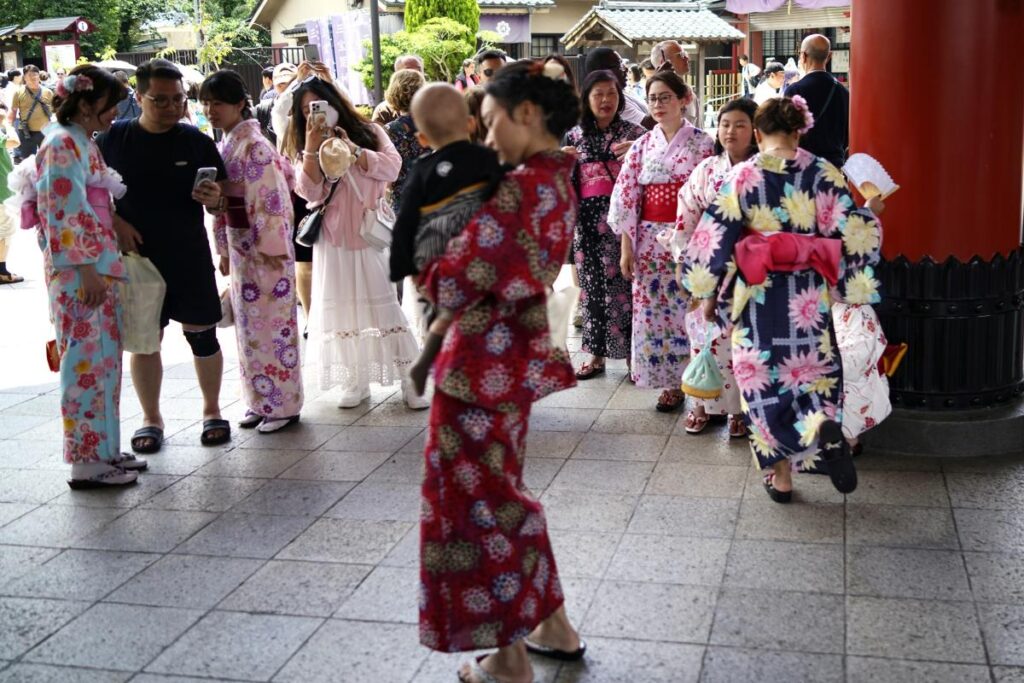TOKYO (AP) — Japan’s birth rate fell to a new low for the eighth year in a row in 2023, according to health ministry data released Wednesday. A government official described the situation as critical and urged authorities to do everything they could to reverse the trend.
The data underlines Japan’s long-standing problems of a rapidly aging and shrinking population, which has serious implications for the country’s economy and national security – especially against the backdrop of China’s increasingly assertive presence in the region.
According to the latest statistics, Japan’s fertility rate – the average number of babies a woman expects to have in her lifetime – was 1.2 last year. The 727,277 babies born in Japan in 2023 were down 5.6% from the year before, the ministry said – the lowest since Japan started collecting the statistics in 1899.
Separately, the data shows that the number of marriages fell by 6% to 474,717 last year, which authorities say is a major reason for the falling birth rate. In Japan’s largely traditional society, out-of-wedlock births are rare because people hold family values in high regard.
Chief Cabinet Secretary Yoshimasa Hayashi told reporters it is “a critical situation.” The next six years, until 2030, will be “the last chance for us to potentially reverse the trend,” he said.
Hayashi cited economic instability, difficulties in balancing work and parenting and other complex factors as the main reasons why young people find it difficult to marry or raise children.
The data was released as Japan’s parliament on Wednesday approved a revision of laws aimed at increasing financial support for parents raising children or children expecting a baby, as well as expanding access to childcare and expanding parental leave benefits expand. The government has set aside 5.3 trillion yen ($34 billion) for this purpose as part of the 2024 budget, and is expected to spend 3.6 trillion yen ($23 billion) of taxpayers’ money annually over the next three years.
Experts say the measures are largely aimed at married couples who plan to have children or who already have children, and are not aimed at a growing number of young people who are reluctant to get married.
Takahide Kiuchi, executive economist at the Nomura Research Institute, said the measures do not address the problem.
“Simple economic measures such as increasing subsidies will not solve the serious problem of declining birth rates,” Kiuchi wrote in an analysis report, adding that a conservative mindset that embraces traditional gender roles at home and in the workplace must also change.
Surveys show that younger Japanese are increasingly reluctant to marry or have children, discouraged by bleak job prospects, a high cost of living – which is rising faster than salaries – and a gender-biased corporate culture that places additional burdens only on women. and working mothers.
Japan’s population of more than 125 million people is expected to decline by about 30% to 87 million by 2070, with four in ten people aged 65 or older.







